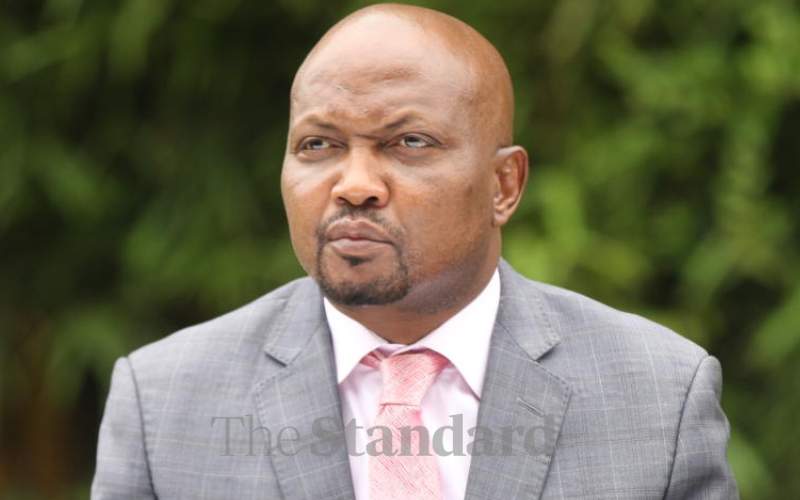×
The Standard e-Paper
Home To Bold Columnists

Gatundu South MP Moses Kuria speaks to the press during a past briefing. [Wilberforce Okwiri, Standard]
“Don’t fall for sloganeering and empty rhetoric.” This might sound cliché but when it came from someone once considered the bad boy of Kenyan politics, it carried some weight.